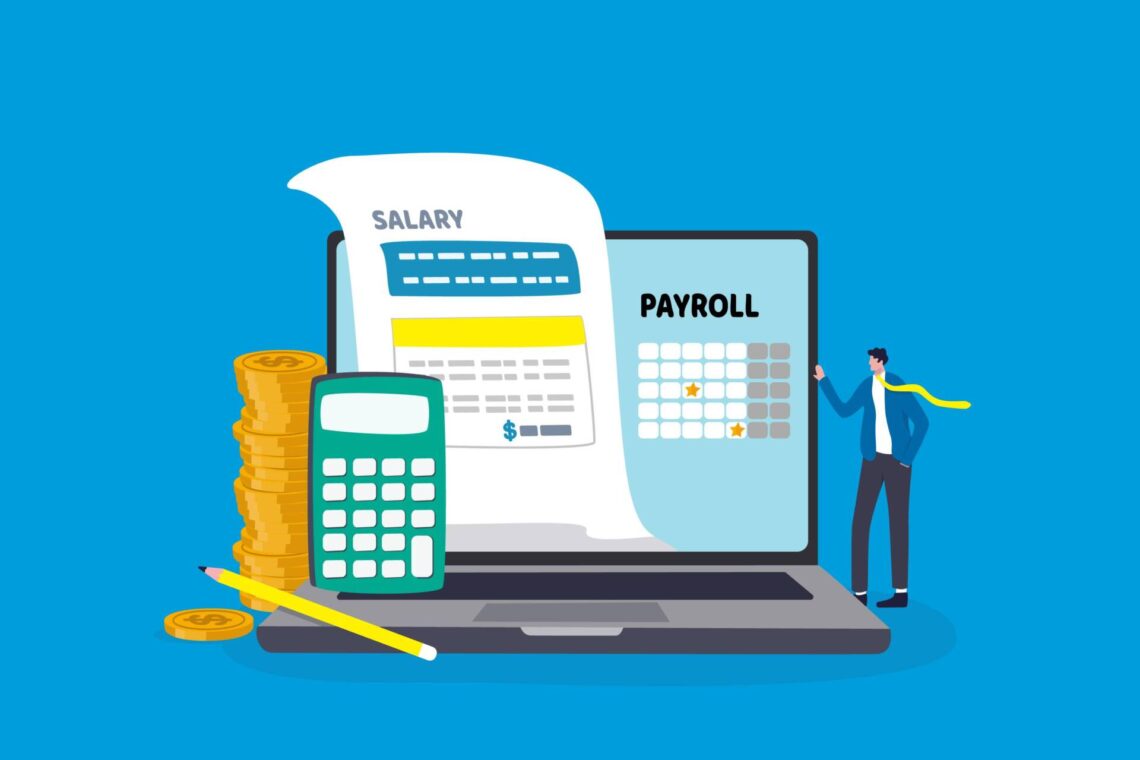You may have heard quotes like:
“Only 51% of small businesses survive over 5 years. However, if they’re on Xero, 88% of them survive the five-year journey.”
“Businesses that use cloud apps grew 30% faster than those who didn’t.”
“More than 89% of small businesses on Xero Connect with an Advisor. Businesses that use an Advisor grow their net profit by 23% more than businesses who don’t…”
(Trent Innes, MD of Xero Australia)
So what does this all mean to the everyday small to micro businesses owner? Do these figures really relate to your business? Can adopting cloud options really help your small ‘one man band’?
We are confident they can and do. Many small businesses start small and continue using either shoeboxes, their bank balance or if they are really up to date spreadsheets to keep a track of how their business is doing. Often we are told ‘there’s money in the bank so it’s all good’ or “I’ve got 3 weeks of work booked in so I’m set’. While these are important factors, not having better information means that businesses lose the opportunity to innovate, change and grow.
Having key business information on hand means that you can innovate, change and grow more quickly than your competitors.
Often you will think you know what your most profitable item is, or what profit you are making but when you actually do the figures (usually when you have some issues arise) it turns out that’s not actually the case. Without data you can’t make decisions on how to grow or expand your business. If gaining access to data requires hours of analysis or isn’t reliable then this also hinders your ability to quickly adapt to markets or make changes to avoid excessive costs.
You may have an opportunity to grow your business into another area but you need funding asap before the opportunity passes. Because you work on paper or a spreadsheet and you can’t get the figures prepared in time for the bank you miss the chance.
Live, accurate and timely data increases your ability to access funding.
These are the scenarios that businesses using cloud accounting and apps come across but can manage and take on board as they have accurate, timely information at their fingertips. And we guarantee once the pain of change is over (we don’t lie, there is always some pain with the changing of systems) they are spending far less time getting that information than those using a more manual system.
We recently had a client who as it turns out was paying a ridiculous amount of bank fees and had been repeatedly told by their bank that they couldn’t refinance a loan used for the business. They worked off spreadsheets, good quality and reconciled spreadsheets but they were still spreadsheets. They had always had their accounts completed around March-May the year following the June year end so they would never know what the outcome was until 9-11 months after the end of the year. We have moved them to Xero, got their accounts up to date and they are now in the position of being able to see what is happening in their business on a daily basis. They also have up to date financial statements, meaning they can show the bank their trading history and profit and be on the front foot to refinance a loan under better terms and obtain more reasonable bank fees, or take their business to another bank if need be. This client now feels empowered and in control, and they are.
With cloud programs like Xero you can easily keep your accounts updated daily. You know your costs, your sales, basic inventory, payroll costs up to date with not a lot of work involved.
Thinking you can’t afford the monthly subscription? Another great thing about Xero and some of the other cloud software is the ability to start simple and build up as your business grows and you require the extra features.
If you subscribe through a Xero Partner (usually an Accountant or Bookkeeper) you can start on as little as $10/mth for a non-gst cashbook. Now this doesn’t have all the bells and whistles of the $50/mth Standard plan, it is what it says it is a ‘cashbook’. So no invoicing, payables, payroll, fixed assets ledger. But you can still set up bank feeds to gain your efficiencies and if you are using manual word/excel prepared invoices or another system such as Shopify or Kounta which takes care of all your invoicing and customer orders you can run the cashbook on its own (ie. No integration) and still gain many benefits.
How do you make sure you’re getting the most out of your cloud system whilst keeping it simple? We have 4 tips:
- Make sure where possible you only have business transactions going through the accounts, ie. No endless personal costs. If you’re not taking in official weekly wage, have a separate account for your business and transfer into a personal account each week/fortnight an amount for your own personal expenses.
- Ensure you consult with an Accountant or Bookkeeper regarding the set-up of your accounts. The structure of your Chart of Accounts will impact what information you can get out of the systems at the press of a button.
- Make sure you’re on the best level of subscription for you. If you are doing 10-15 invoices a month and trying to keep a track of unpaid invoices then it might be worth paying the extra $30-40/mth to have a Standard subscription with Invoice templates and easy to manage Debtors. You need to value your time and where it is best spent.
- Ensure you are working with relevant add-ons where necessary to manage any tasks that your Cloud Accounting package doesn’t manage within their own software. These can add extra efficiencies to your day to day work. Eg. Kounta for Hospitality, Shopify for online store, GeoOp for tradies.
What next?
We encourage you to contact your advisor or accountant (or us here at Lemonade Beach if you haven’t got a current advisor) to discuss your needs. The efficiencies you gain from having up to date data at your fingertips is well worth the outlay. Start small and build. At the cashbook level with a 1hr training session you can do most of the account work yourself in likely under 30 minutes a week.





